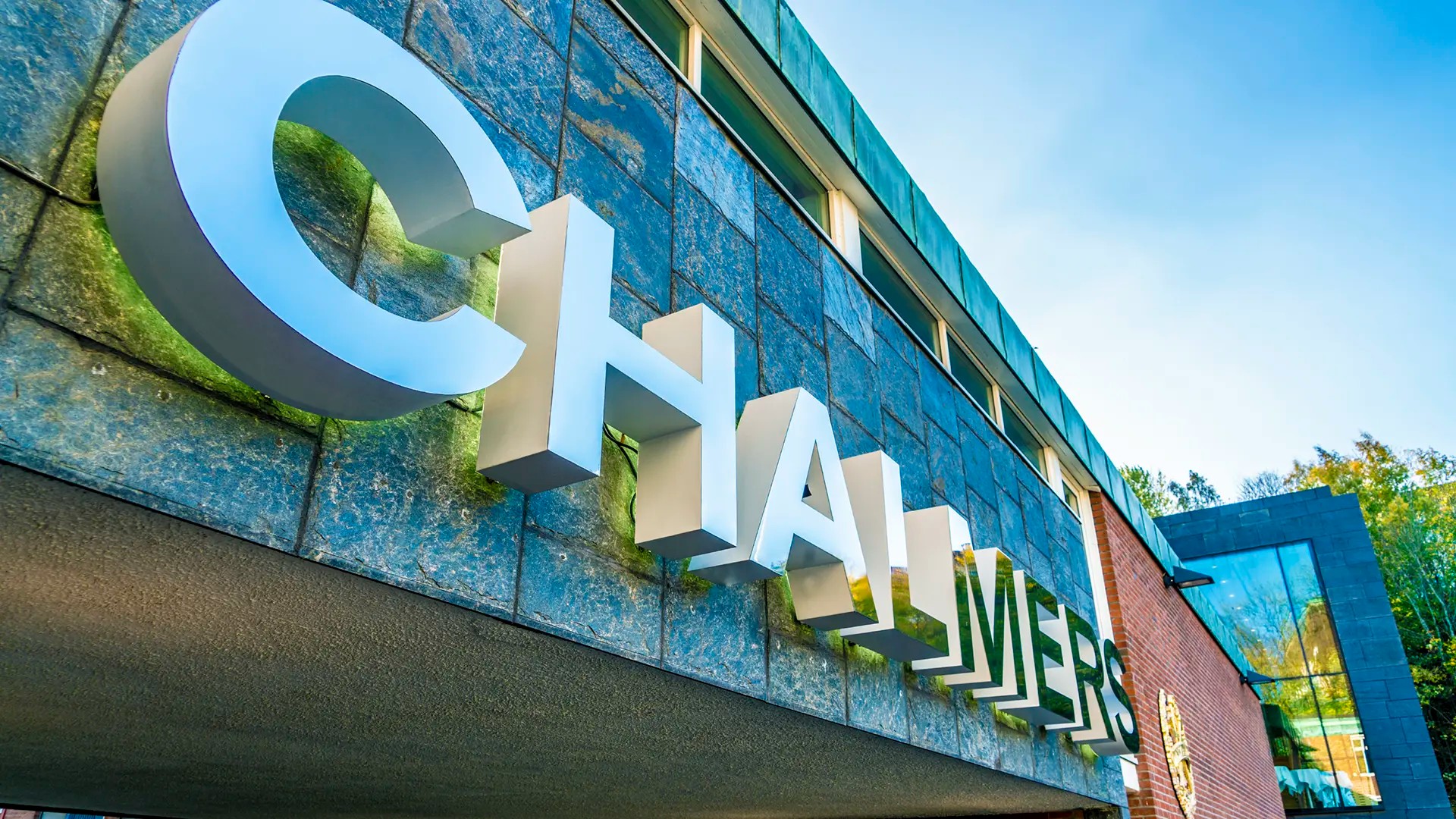
If you suspect or have knowledge about irregularities or misconduct that occur at Chalmers, we want you to tell us about it so that we can investigate and remedy the problems. So-called whistleblowers are important to be able to protect openness and transparency in our society.
Chalmers strives counteract corruption and other irregularities. So-called whistleblowers play a central role in safeguarding and promoting important values in a democratic society, such as openness and transparency. Chalmers internal reporting channel is part of the organization’s work to prevent and detect malpractice and to protect whistleblowers, who report malpractice.
Report here if you suspect misconduct:
- Create a digital report
- Call: +46771401652
Whistleblowers are strongly protected by law in the Whistleblower Act, but for this to apply, some conditions must be fulfilled regarding what irregularities or misconduct in public interest actually is and who can report it. Below is detailed information on this and more.
What can be reported?
The whistleblowing must refer to work-related irregularities in which there is a public interest in them being resolved. The information must therefore concern the public and not the reporting person's own working or employment conditions. Conditions that concern an individual may in some cases be of general interest if, for example, they are repeated or systematic violations that can be considered unacceptable from a broader societal perspective.
Whistleblowing may also refer to violations of certain EU rules and Swedish rules that implement or supplement the EU rules. The EU rules covered are listed in Annex 1 to Directive (EU) 2019/1936 of the European Parliament and of the Council of 23 October 2019 on the protection of persons reporting infringements of Union law, which is available at the EU legal website EUR-Lex. The reporting person does not need to have actual evidence, as reasonable concerns or suspicions are sufficient.
What should not be reported?
The reporting channels should not be used for:
- General expressions of dissatisfaction. Such matters must be communicated to the immediate manager or the responsible manager.
- Accidents and incidents. These incidents are reported to your immediate manager and the work environment function.
- Disciplinary matters. These are handled by the Disciplinary Committee.
- Harassment and sexual harassment. This is reported via Safe at Chalmers
- Suspicion of misconduct in research. Such matters are reported to the Ethics and Research Integrity Committee (EOC).
- Reporting of security protection classified information in accordance with the Protection Security Act (2018: 585) (in Swedish) or other information concerning national security.
Who can report and get protection
What the protection entails
Who administers the whistleblower system?
Chalmers’s internal reporting channel is a secure system provided by the KPMG AB ("KPMG"). KPMG's Whistleblower Service is completely independent of Chalmers intranet and chalmers.se and can receive reports around the clock.
The reporting person may choose to report anonymously or to appear with their personal information. No account registration is required to make a report, but it further facilitates the investigation of the case and/or follow-up of the status of the case. To ensure the anonymity of the reporting person, KPMG AB does not save IP addresses or other metadata. The system also protects the report and any information about the person or persons whose identity appears in the report.
How does reporting work?
Right to confirmation and feedback
Within seven days from reporting, the reporting person receives a confirmation from KPMG that the report has been received if it is not the case that the reporting person has renounced this confirmation or if there is reason to believe that a confirmation would reveal the person's identity. KPMG provides reasonable feedback to the reporting person on what action has been taken and why, within three months from the time of reporting (or if no confirmation of receiving the report has been provided, seven days after the report has been received).
Different ways to report irregularities

Sveriges Riksdag - Whistleblower Act
Read the Whistleblower Act in Swedish.